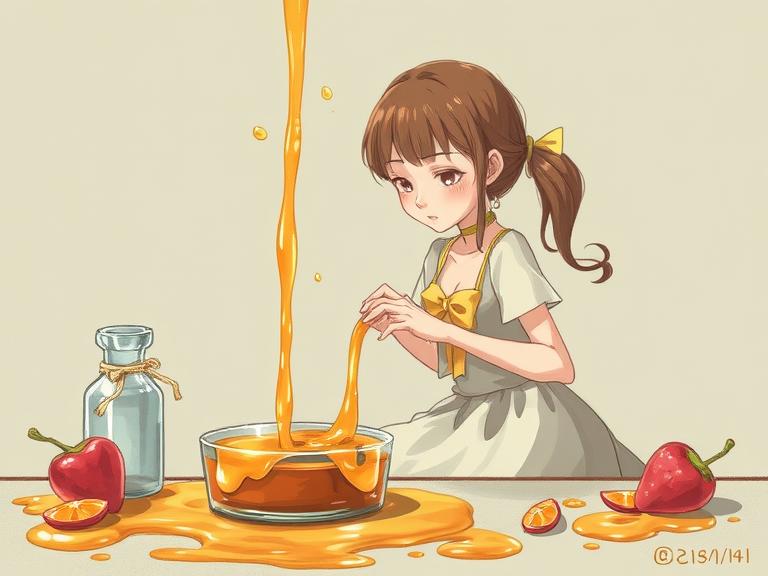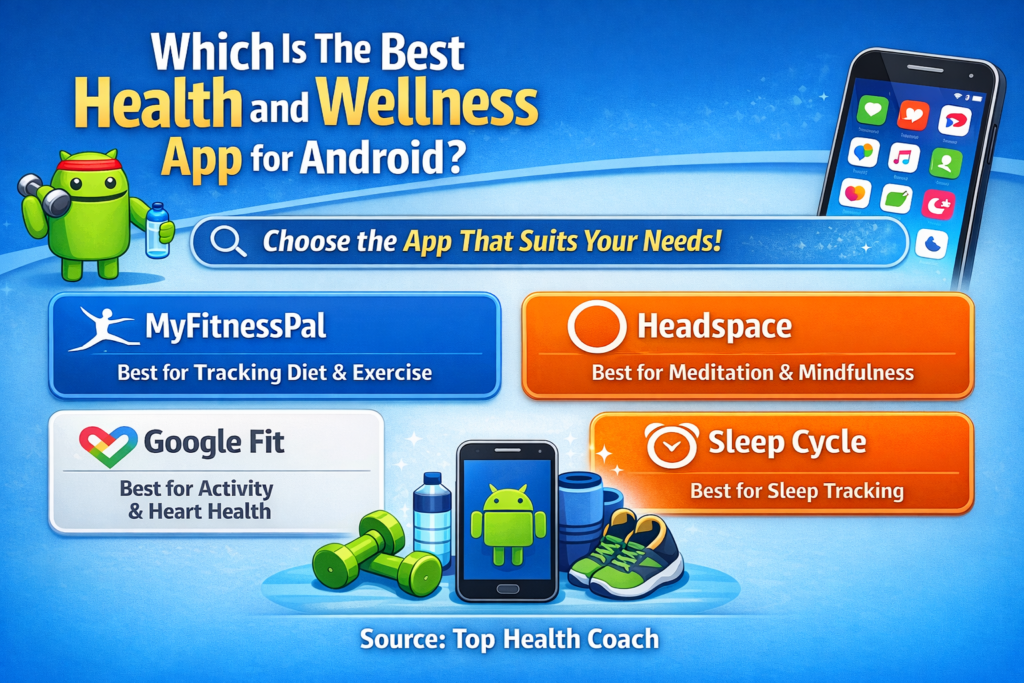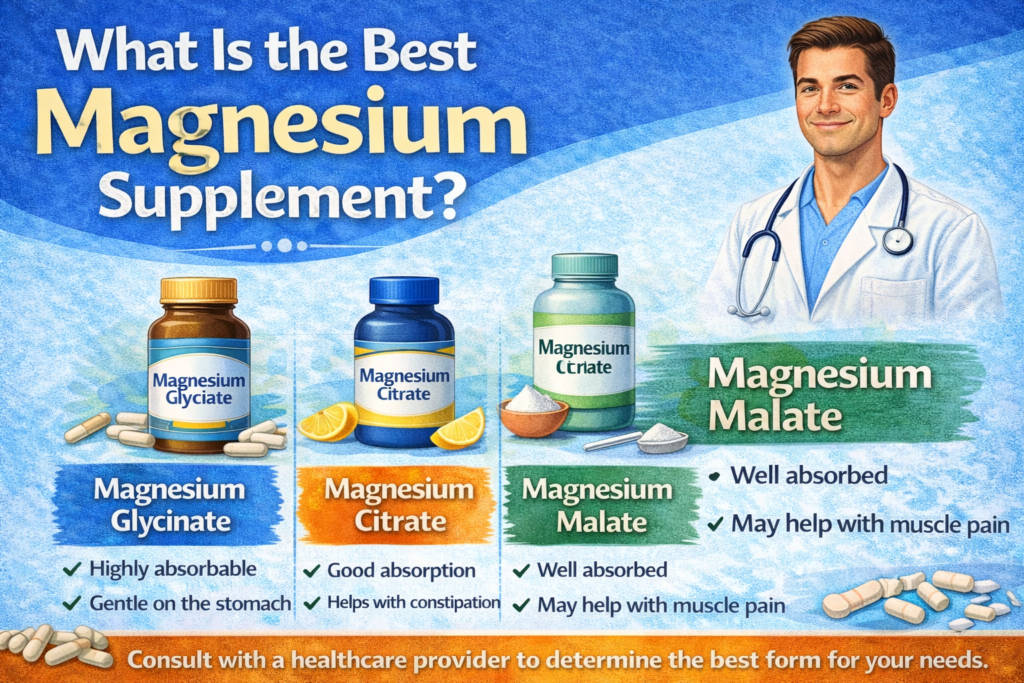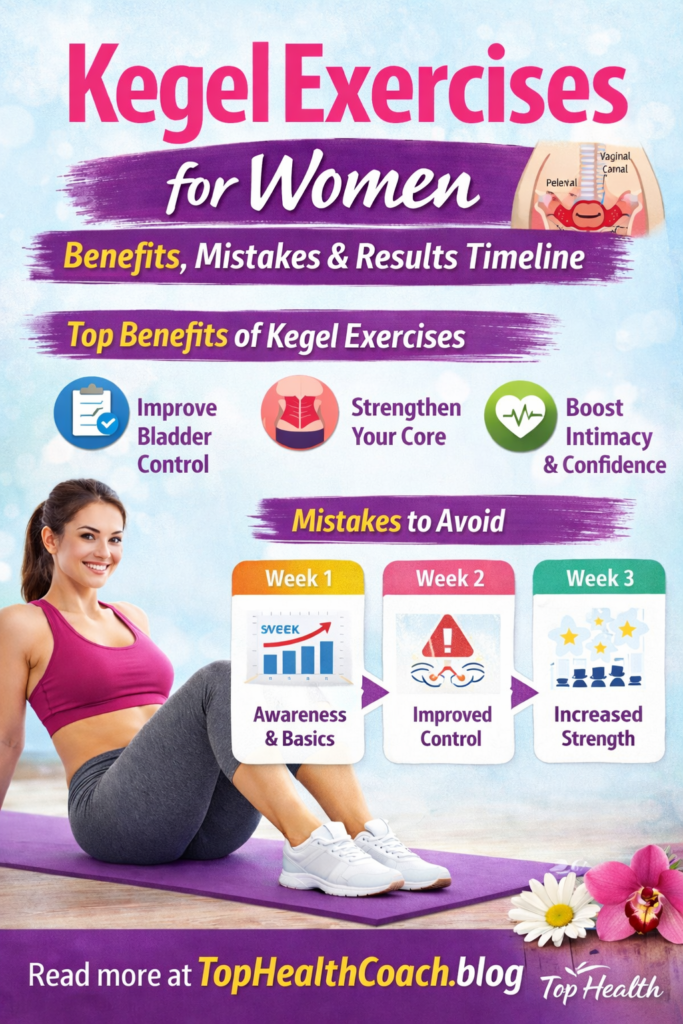A common cold or cough in kids is one of the most frequent reasons parents rush to a clinic. For decades, the first thing prescribed or purchased was a Cough Syrup. But now, doctors around the world are rethinking this approach. With the New Guidelines released by top health organizations, the question parents are asking is: Syrup or No Syrup?
Understanding how to manage Cough in Children safely can help prevent unnecessary medication, side effects, and complications. Let’s explore what has changed, why it has changed, and what parents should do now.
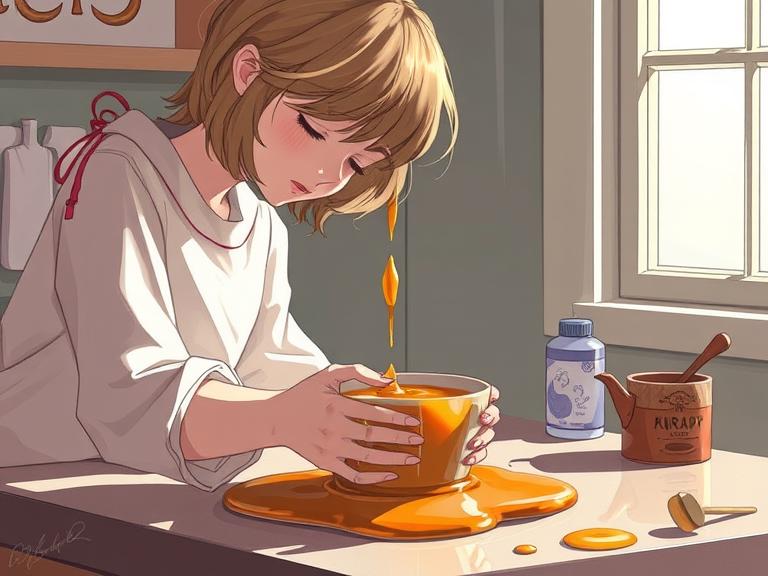
🌡️ Why Are the New Guidelines Important?
Many parents assume coughs are dangerous and must be stopped immediately. However, Pediatricians explain that coughing is actually the body’s natural defense mechanism to clear mucus, germs, and irritants.
So the question Syrup or No Syrup becomes important because cough suppression can sometimes do more harm than good.
Key Reasons for Change:
- Some Over-the-Counter Medicines are not proven effective for young children.
- Certain Cough Syrup ingredients can cause drowsiness, slowed breathing, or allergies.
- In toddlers and infants, misuse has led to severe side effects and even hospitalizations.
Therefore, the New Guidelines emphasize safer, gentler, and more evidence-based therapies for Children’s Health.
🤧 Understanding Cough in Children
A cough is not a disease — it is a symptom.
Common causes include:
- Respiratory Infection (cold, flu, viral infections)
- Seasonal allergies
- Dry indoor air
- Throat irritation
- Exposure to pollution or smoke
In most cases, Cough in Children from viral infections clears naturally within 7–10 days, even without Cough Syrup.
🧪 Why Doctors Are Saying Syrup or No Syrup Is a Real Decision Now
Previously, parents believed Cough Syrup was the quickest cure. But now, Pediatricians focus on treating root causes, not suppressing cough.
The New Guidelines suggest:
- Avoid giving Cough Syrup to children under 6 years old.
- Use Over-the-Counter Medicines carefully only when clearly needed.
- Prefer Natural Remedies and Home Treatment options when possible.
🍼 Why Children Under 6 Should Avoid Cough Syrup
Research findings show:
- Little to no benefit in reducing cough frequency.
- Higher risk of breathing problems and allergic reactions.
- Overdose is common because families use incorrect spoon measurements.
Therefore, for small children, the answer to Syrup or No Syrup is mostly No Syrup.
🌿 Safe Natural Remedies Recommended in New Guidelines
Instead of rushing to the pharmacy, Pediatricians recommend gentle Home Treatment that supports recovery.
| Age | Safe Remedy | Benefit |
|---|---|---|
| Under 1 year | Warm steam inhalation, saline drops | Helps loosen mucus |
| 1–5 years | Honey (½ tsp) only if above age 1 | Soothes throat & reduces cough |
| 5+ years | Warm soup, warm water, herbal teas | Hydrates and improves healing |
Additional Home-Based Approaches:
- Keep room air moist using a humidifier
- Keep the child hydrated
- Make sure they get plenty of rest
These Natural Remedies are highlighted strongly in the New Guidelines on Children’s Health.
💊 When Over-the-Counter Medicines Are Still Used
The New Guidelines do not completely eliminate medicines. Instead, Pediatricians may recommend:
- Paracetamol or ibuprofen for fever or body pain
- Antihistamines for allergy-related cough
- Nebulizers for wheezing or breathing difficulty
But these should be used only after medical consultation.
🚫 What Parents Should Avoid
- No Cough Syrup for children under 6 without medical guidance.
- Do not mix multiple medicines on your own.
- Avoid adult medication in small doses for kids — it is dangerous.
- No cold drinks or ice cream is not necessary. Cold does not cause illness — viruses do.
🧑⚕️ When to See a Doctor Immediately
Seek urgent help if your child has:
- Persistent cough longer than 3 weeks
- High fever
- Difficulty breathing
- Blue lips or face
- Severe chest pain
- Very low energy or drowsiness
These signs require urgent evaluation of Respiratory Infection severity.
🌍 A Shift in Global Children’s Health Approach
Countries like the US, UK, India, Canada, and Australia have updated policies recommending less medication and more supportive care for Cough in Children.
This is why Syrup or No Syrup is no longer a simple choice — it is part of a global healthcare shift to protect children from unnecessary medicines.
❓ 10 Frequently Asked Questions
Q1. Should I give Cough Syrup for a mild cough?
If your child is under 6, most New Guidelines say No Syrup unless a doctor suggests it.
Q2. Can honey replace Cough Syrup?
Yes, for children over 1 year, honey is a safe Natural Remedy.
Q3. Why is cough important?
Coughing removes mucus and infection — it protects the lungs.
Q4. What if the cough disturbs sleep?
Use warm water before bed and humidifier. Consult a doctor if severe.
Q5. Can inhalation help?
Yes, steam loosens mucus and eases breathing.
Q6. Can I use adult medicines in small amounts?
No — this can be dangerous.
Q7. What if cough lasts more than 10 days?
See a doctor to check for secondary Respiratory Infection.
Q8. Are antibiotics needed?
Only for bacterial infections — most coughs are viral.
Q9. Is chest rubbing balm helpful?
Mild balms may soothe, but avoid strong menthol in infants.
Q10. Are nebulizers safe?
Yes, when prescribed by Pediatricians.
✅ Final Takeaway
The debate Syrup or No Syrup isn’t about completely rejecting medicines — it’s about smart and safe treatment. The New Guidelines encourage parents to understand that most Cough in Children is natural and temporary. Focus on Natural Remedies, hydration, and comfort — and consult your doctor when needed.
Healthy choices today build stronger lungs for tomorrow. 💛
